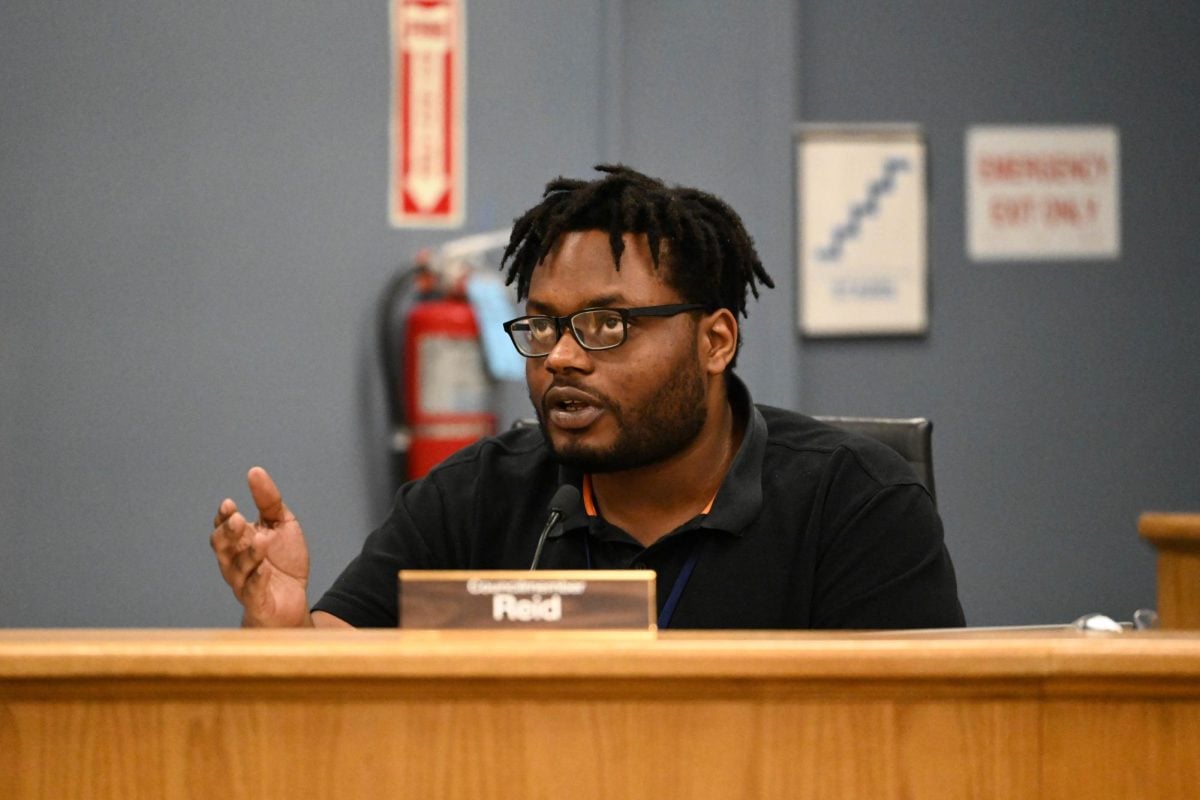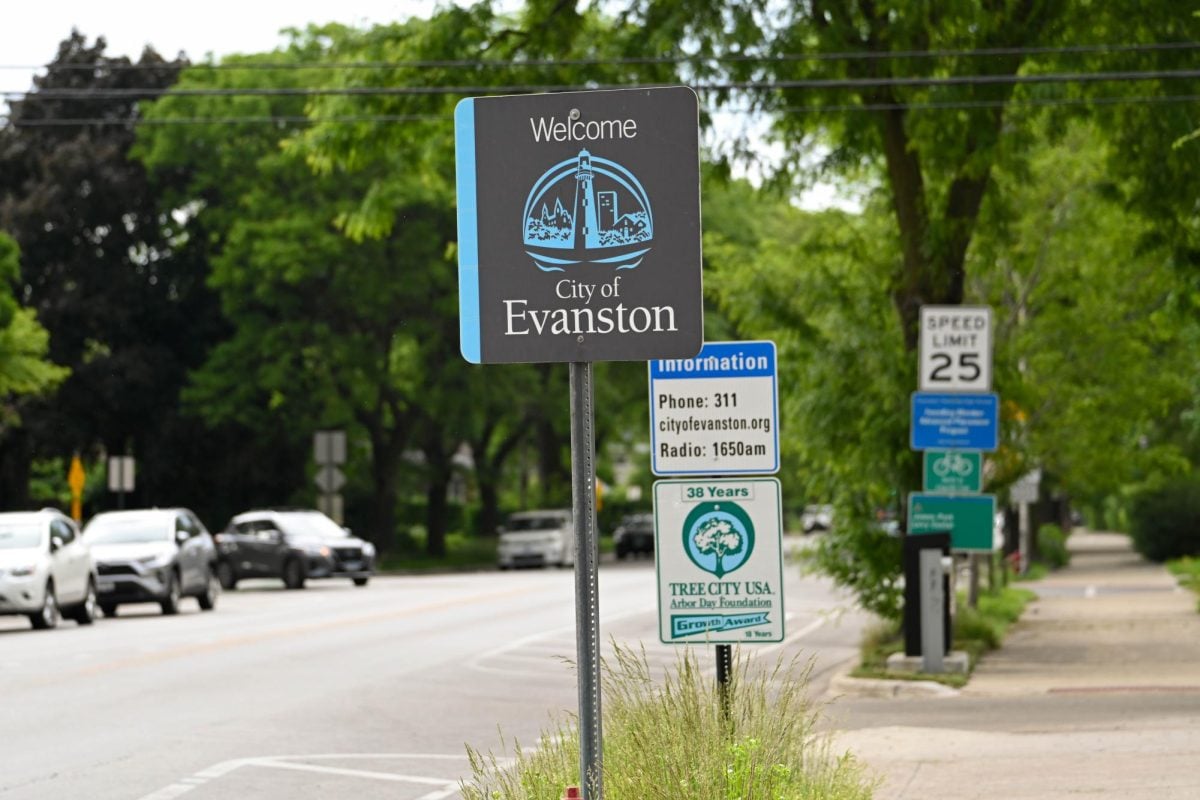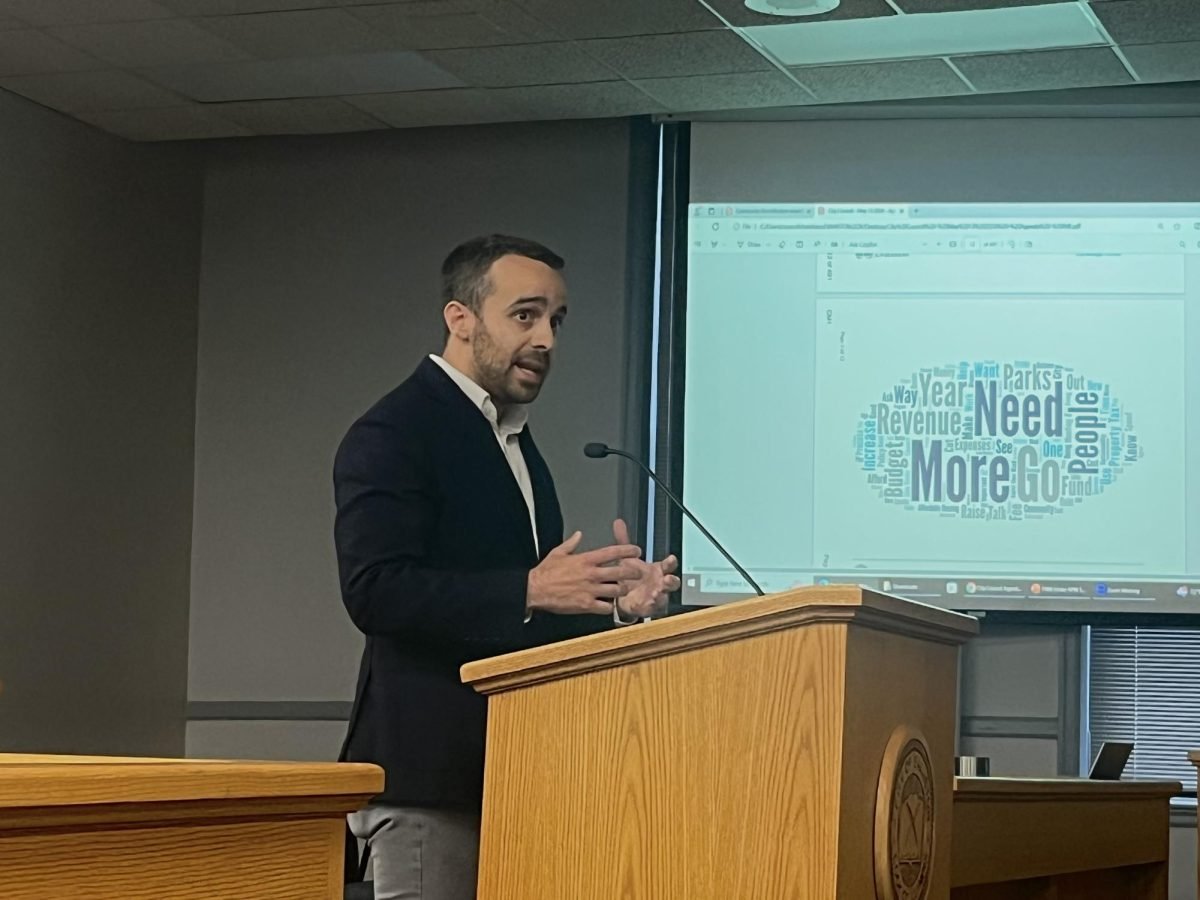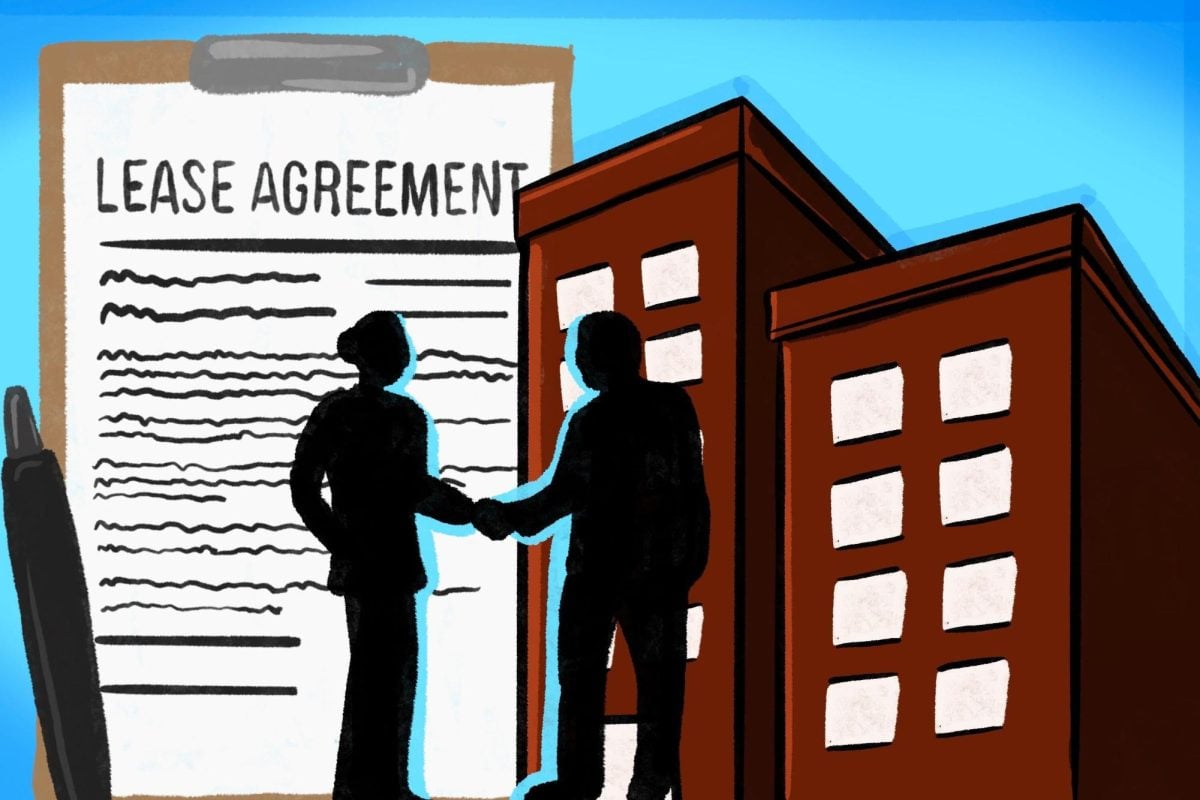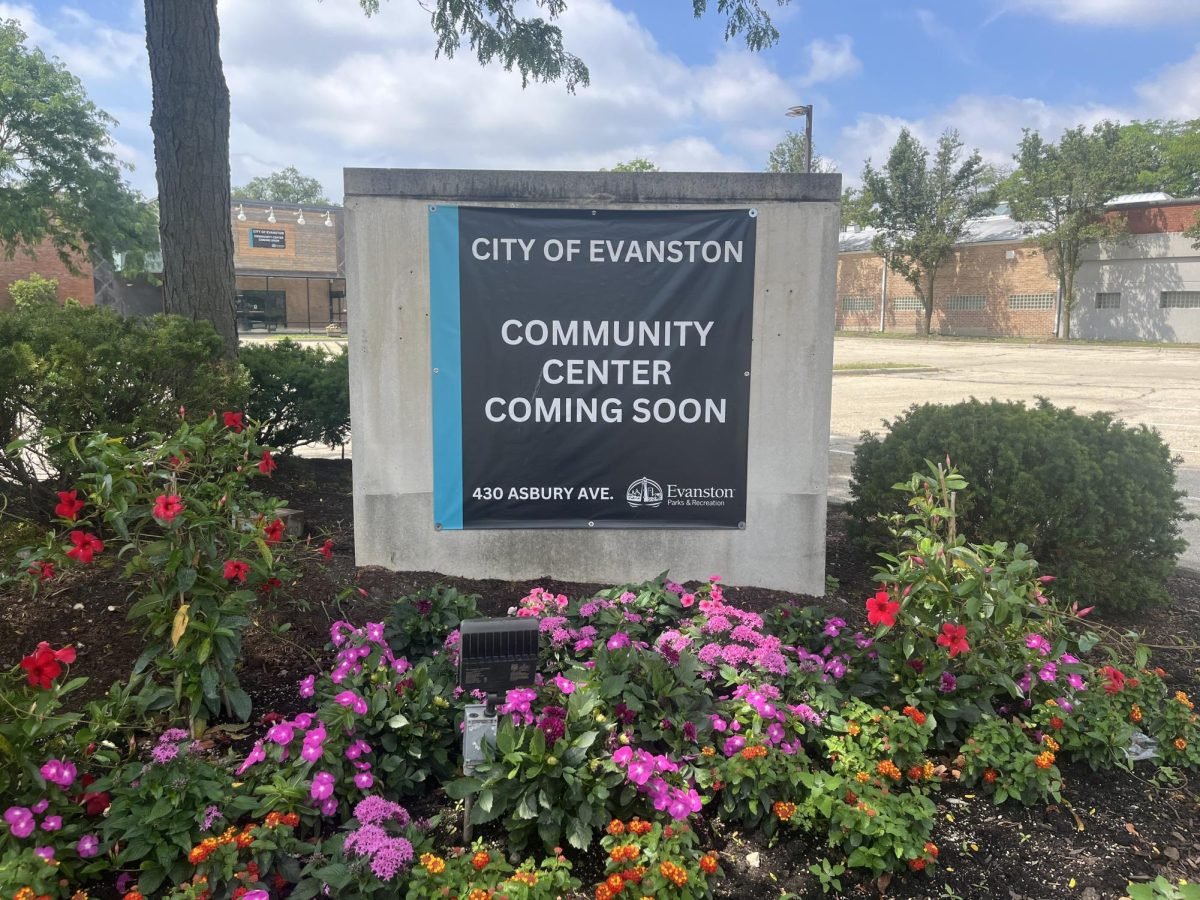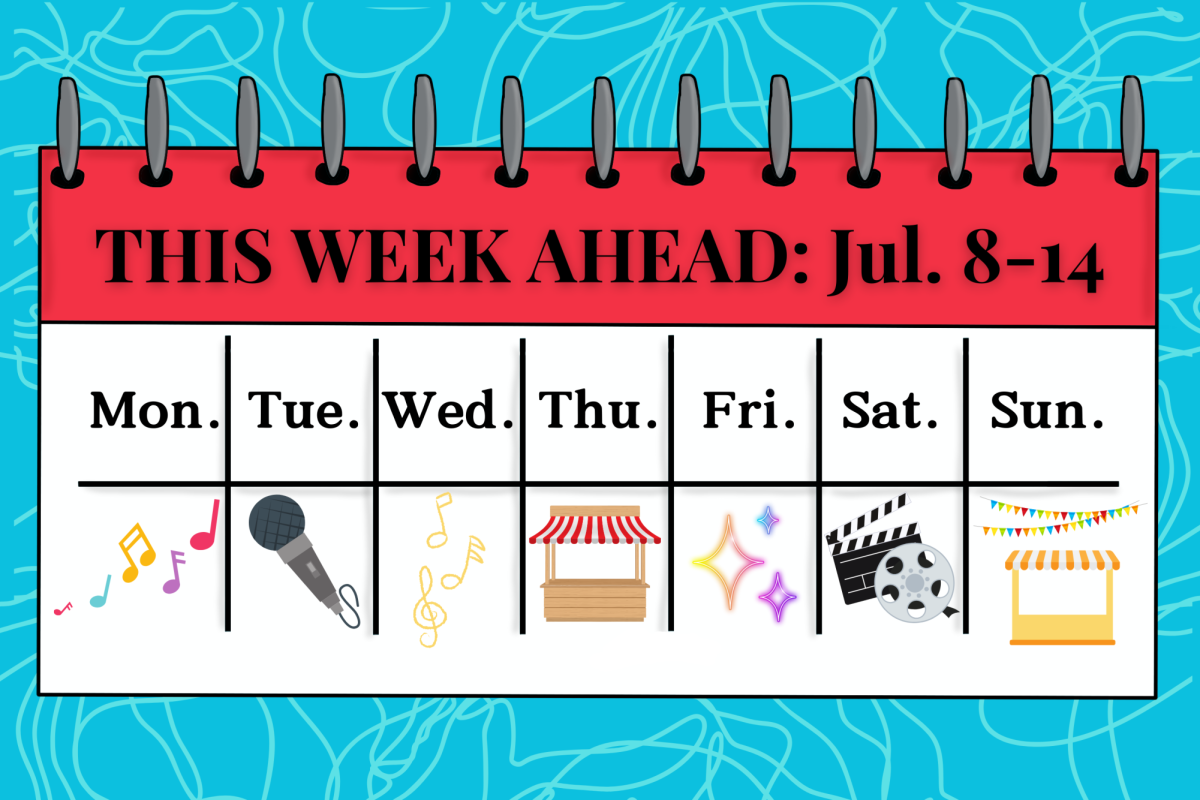City Council voted to prohibit all flavored tobacco sales starting this spring during its Monday meeting, where it also raised utility rates and postponed a final decision on the city budget.
The council passed the ban on flavored tobacco products with a 6-3 vote. When it goes into effect April 1, the ordinance will prohibit sales of all flavored tobacco products, though a few councilmembers called for certain products to be exempt from the ban.
“If we had banned just e-cigarettes, then already we can see that tobacco companies are figuring out a new product,” Ald. Melissa Wynne (3rd) told The Daily. “The only way to actually do something comprehensive is by banning all flavors.”
City Council’s vote comes as the Food and Drug Administration is moving to ban menthol cigarettes and flavored cigars. In June, Ald. Devon Reid (8th) proposed an ordinance banning those specific products, but it expanded to include all flavored items, including both menthol cigarettes and flavored cigars, as recommended by the city’s Human Services Committee.
Reid, along with Alds. Krissie Harris (2nd) and Thomas Suffredin (6th), voted against the complete ban.
“If we’re going to include all flavored tobacco products, why would we not just ban tobacco altogether?” Reid said.
During public comment, opponents said the ban would shift sales to neighboring cities and could spur an illicit market for flavored items. Supporters pushed back against claims that the ban could criminalize addiction and lead to discriminatory enforcement, arguing it would lead to better health outcomes in the city.
According to the ordinance, 12.6% Evanston adults report being current smokers.
Some industry representatives claimed the ban prohibited an excessively wide range of items. One representative of the hookah industry said hookah materials should be exempt.
“Now, where there might be other concerns with youth access and usage, that is not the case with hookah,” said Rima Khoury, the National Hookah Community Association’s secretary.
The ordinance does not prohibit possession or use of the listed flavored tobacco products. It also enables Evanston’s health director to fine retailers that do not comply with the ban.
A memorandum to the council outlining the ban notes that most flavored tobacco products are not currently taxed by the city, so the policy “would result in large public health benefits with relatively minimal impact on City revenue.”
Monday’s approval continues a decadeslong push to increase regulation of tobacco products. Evanston raised the legal age for tobacco sales in 2014 and banned smoking in public places in 2005.
Both times, the state followed with similar statewide policies.
“Other jurisdictions like Chicago and Cook County — they’re watching to see what we do,” Mayor Daniel Biss said. “We can create a domino effect that eventually reaches the whole state.”
City Council decided Monday to postpone its approval of Evanston’s 2024 budget to Dec. 11 as it continues to grapple with a projected deficit. But the council voted Monday to approve a 17.5% increase for water bills and rate hikes for sanitation services, both of which may help offset the deficit.
Ald. Clare Kelly (1st) voted against both measures, while Reid voted against the water rate hike.
The city has cut down its proposed budget to about $433 million from an original $449 million plan. The budget includes a 6.4% property tax hike, which has drawn criticism from residents. Councilmembers discussed ways to cut costs and boost revenue and proposed using unallocated funds from Northwestern’s Good Neighbor Fund, as NU is increasing its contributions to the fund, to help cover the deficit.
Reid proposed a bevy of new taxes and fees to help fund the city. Several councilmembers indicated support for a one-cent increase for the motor fuel tax and changes to parking fees. However, they seemed skeptical of taxing food deliveries and a fire service fee directed at NU.
“If I’m going to tax you, I’m going to give you one tax bill,” Harris said. “I’m not going to nickel you, dime you … I want you to know what that fee looks like.”
Email: [email protected]
Related Stories:
— City Council introduces lower budget after staff reduces Capital Improvement Program
— The Daily Explains: What’s in Evanston’s proposed 2024 budget?
— Residents voice concerns on property tax hikes at City Council ‘Truth in Taxation’ Hearing















